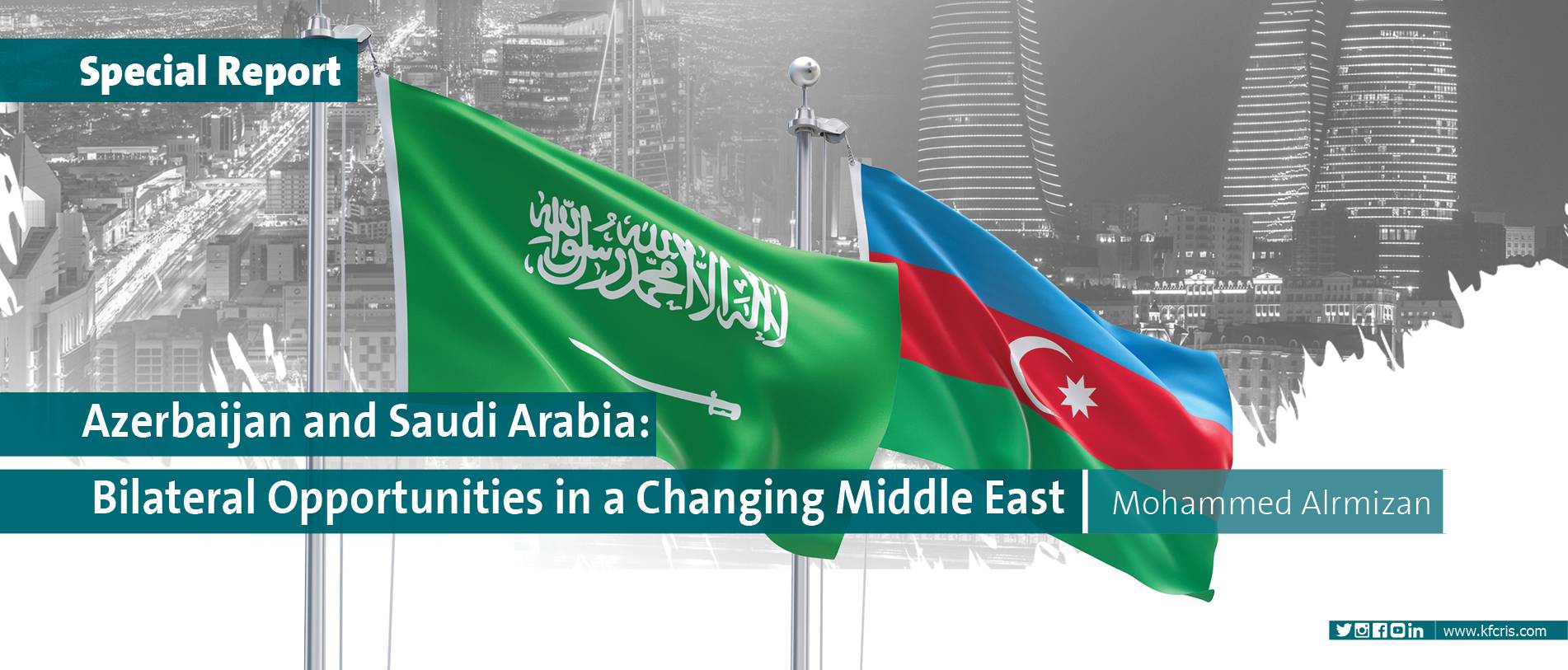Research Papers
Number:
Author: Sara Almohamadi
This commentary argues that on some social issues, such as the current dress code for instance, there appears to be a discrepancy between policy changes announced by the highest level of state, and the wording of the law pertaining to the same issue.
Number:
Author: Mohamed Al-Sbitli
The 6th of October represented an important political turning point since the 2011 Tunisian revolution. Legislative elections, despite a mediocre turnout (41% turnout), showed a change in the mood of public opinion represented by the emergence of new party forces and the absence of other formations that had been in place since 2011 and after 2014, and appeared essential in shaping the general political scene.
The English translation is currently unavailable.
Number: 49
Author: Fahad Alsharif
This article seeks to trace the impact that gradual changes in higher education have had on women’s inclusion into the Saudi workforce. It focuses, in particular, on the early efforts to enhance the educational system, the nationalization of jobs, culminating with the Nitaqat system; the impact of the King Abdullah Scholarship Program (KASP); and the most recent Vision 2030 initiatives; all of which have left their imprint on the social role of women in Saudi society. This paper attempts to answer a wide array of interrelated questions, relying on a path-dependence assessment up to the present juncture, which aims at mirroring the nexuses between
Number:
Author: Mohamed Al-Sbitli
Tunisia's political and party landscape is moving towards significant changes. This is what the results of the first round of the presidential elections on September 15 suggested. In anticipation of the outcome of the legislative elections to be held on October 6, the parties are trying to read the messages of the voters through a thorough study and a comprehensive assessment of what happened and what resulted from the first round of the presidency. Therefore, the political arena may witness a reversal in the balance between parties with the decline of organizations that have played an advanced role since the 2014 elections.

Number:
Author: Mohammed Alrmizan
This report outlines the Azerbaijani-Saudi relationship from historical, economic and recent perspectives and developments like recent military agreements, economic exchanges, trade, and tourism while considering regional and international challenge issues in the Middle East. At first, the report briefs on the historical aspect of the Republic of Azerbaijan and Kingdom of Saudi Arabia and their mutual and bilateral relationship. Second, it focuses on economic values between Azerbaijan and Saudi Arabia, and the Gulf Cooperation Council (GCC) in terms of trade and tourism. Third, the report provides some analysis on regional and international implication
2019-09-19
| Tunisia: The Rise of Populism Preliminary Reading of the Presidential Elections Results
2019-09-19
| Tunisia: The Rise of Populism Preliminary Reading of the Presidential Elections Results
Number:
Author: Mohamed Al-Sbitli
This paper presents a preliminary reading on the results of the Tunisian presidential elections held on Sunday 15 September 2019. The turnout was surprising to observers of the Tunisian affairs as it reached only 45%. The election was surprising due to the decline of traditional parties in favor of new actors. Candidates in this election sent direct and indirect messages to various parties at home and abroad, such as determining a position on ideological issues, how to combat terrorism, an
Number:
Author: Andrea Ghiselli, Mohammed Al-Sudairi.
The narrative among Western pundits as well as government officials on China’s role in the Middle East is steadily consolidating around the idea that it will soon act in the region to expand its influence, at the expense of the United States. Is this really the case? The article offers a more nuanced perspective on the issue by taking the reconstruction of Syria into consideration and comparing how China and the Syrian government have acted and framed China’s role. The article argues that there is an exaggerated perception of China’s current or imminent role in Syria in the Arabic and English media which stands in total disjunction to
